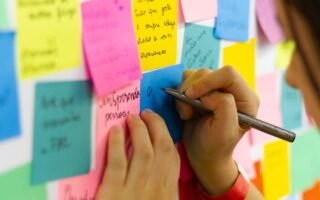Social skills worksheets are valuable tools for helping individuals of all ages develop the interpersonal abilities needed to thrive in everyday interactions. Whether you’re a teacher, parent, or counselor, these worksheets can guide learning in a structured and engaging way, making it easier to practice communication, empathy, and cooperation. By incorporating these resources into your routine, you can empower others to build stronger, more meaningful connections with those around them.
- Identifying Your Social Goals:
Think about what you would like to achieve in terms of social skills. Examples might include making new friends, being more confident in conversations, or being more assertive. - Assessing Your Current Skills:
Think about what social skills you already have. Make a list and rate yourself on a scale of 1-10 for each skill. - Identifying Areas for Improvement:
Look at your list and highlight the skills that you scored lower on. These are the areas that you need to focus on improving. - Creating a Plan of Action:
Now that you know what areas need improvement, create a plan of action. Think about what steps you can take to improve each skill. - Practicing:
Make sure to practice the skills you are trying to improve. This could be as simple as role-playing with a friend or joining a club or organization that will give you an opportunity to practice. - Tracking Progress:
Keep track of your progress by setting goals and tracking your progress over time. This will help you stay motivated and stay on track.
Social skills worksheets conclusion
Social skills worksheets offer a practical and effective way to nurture essential interpersonal abilities. Through consistent practice and reflection, these tools help individuals grow more confident in their interactions and better equipped to navigate social situations. As you continue to use these worksheets, you’ll witness a positive transformation in the way people connect and communicate, leading to stronger relationships and a more supportive community.










